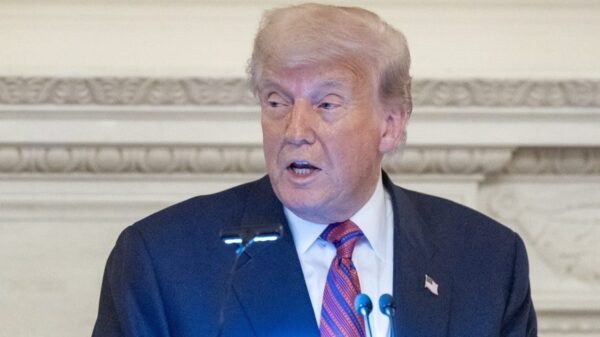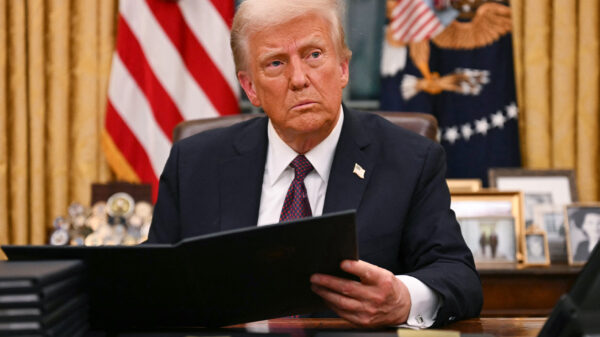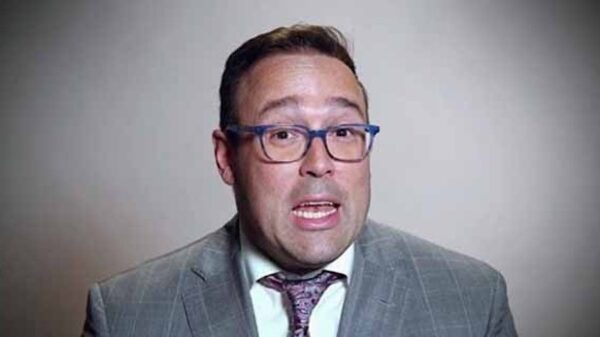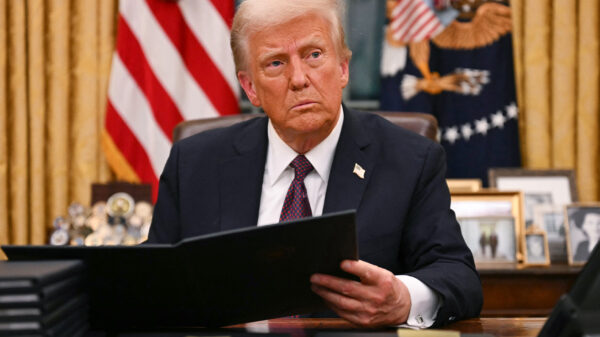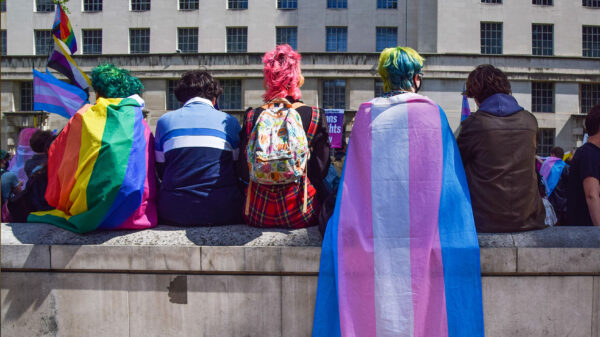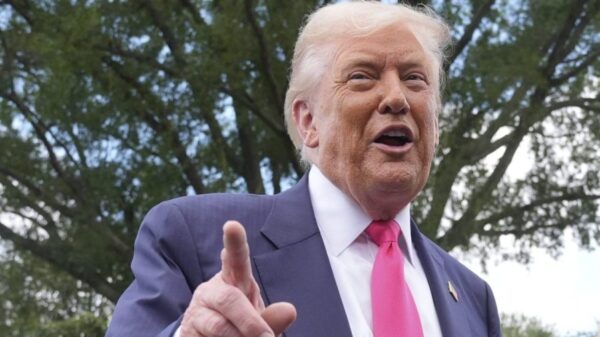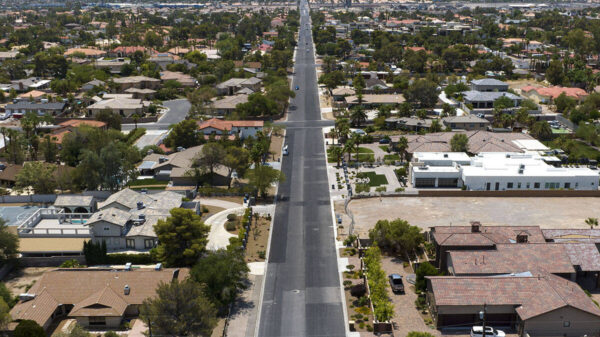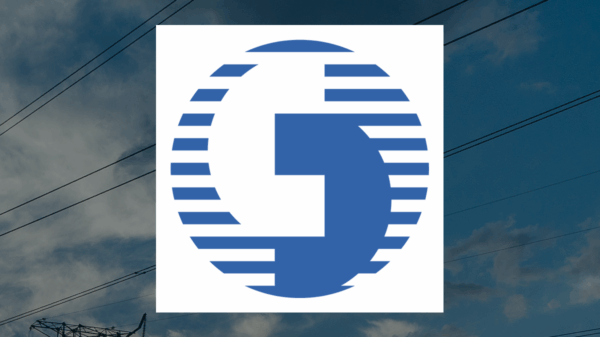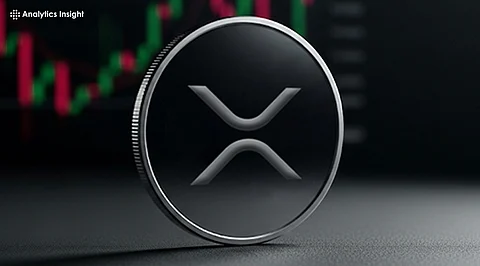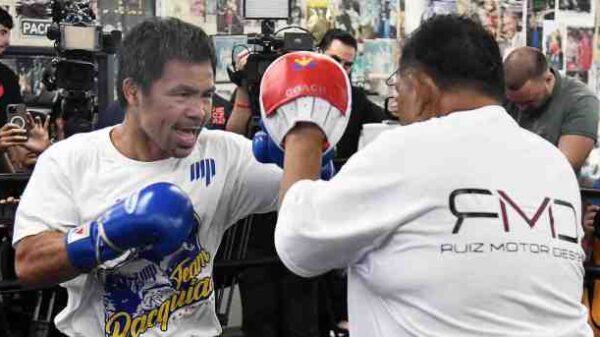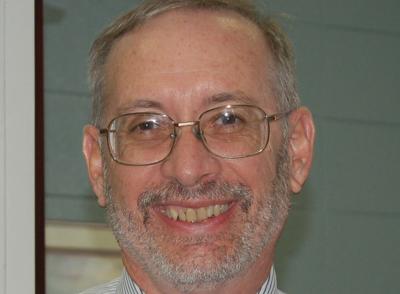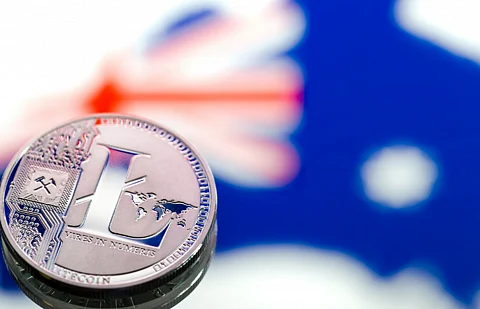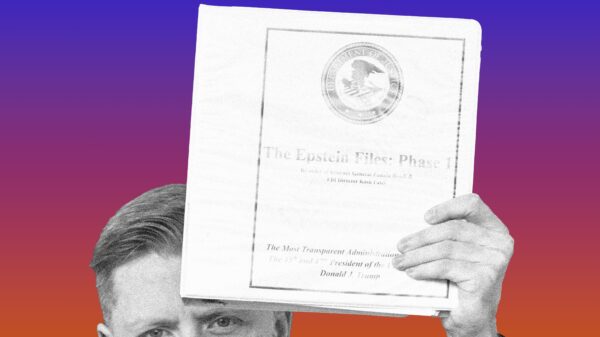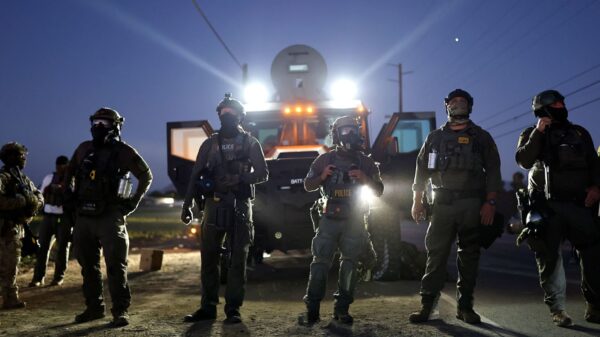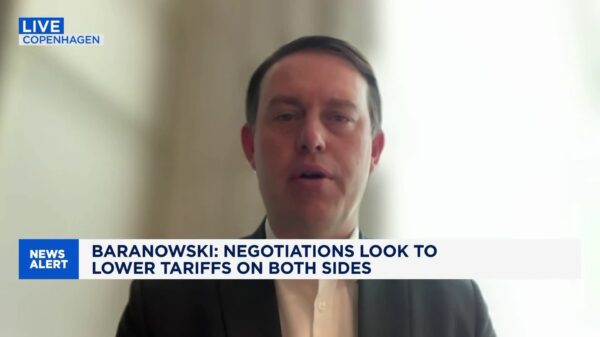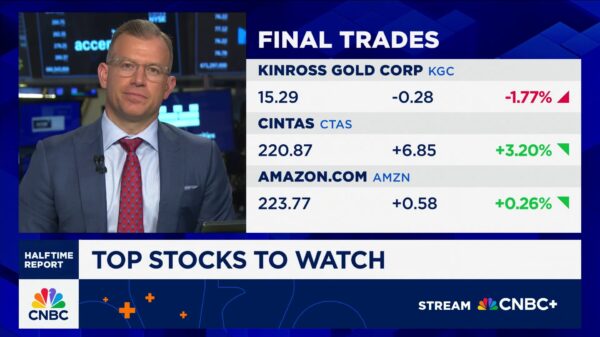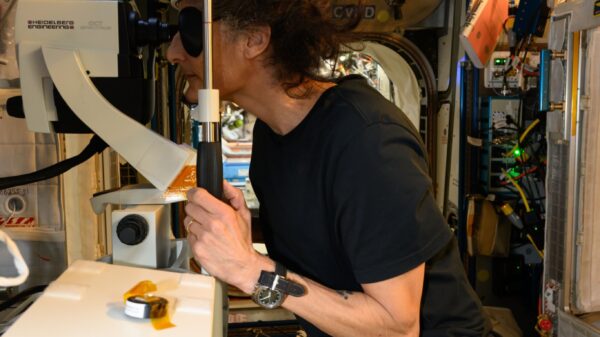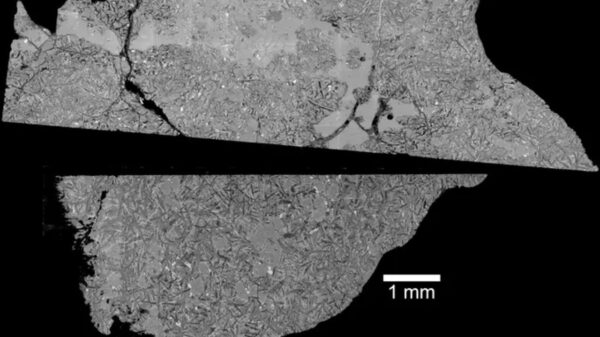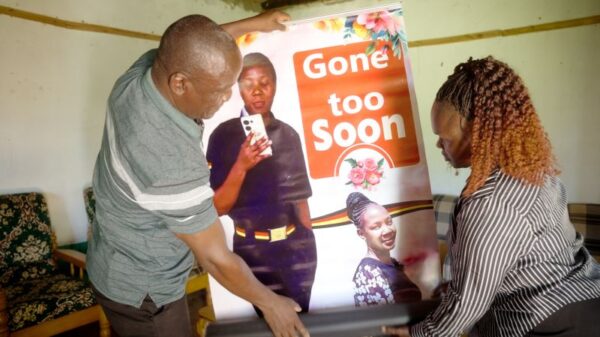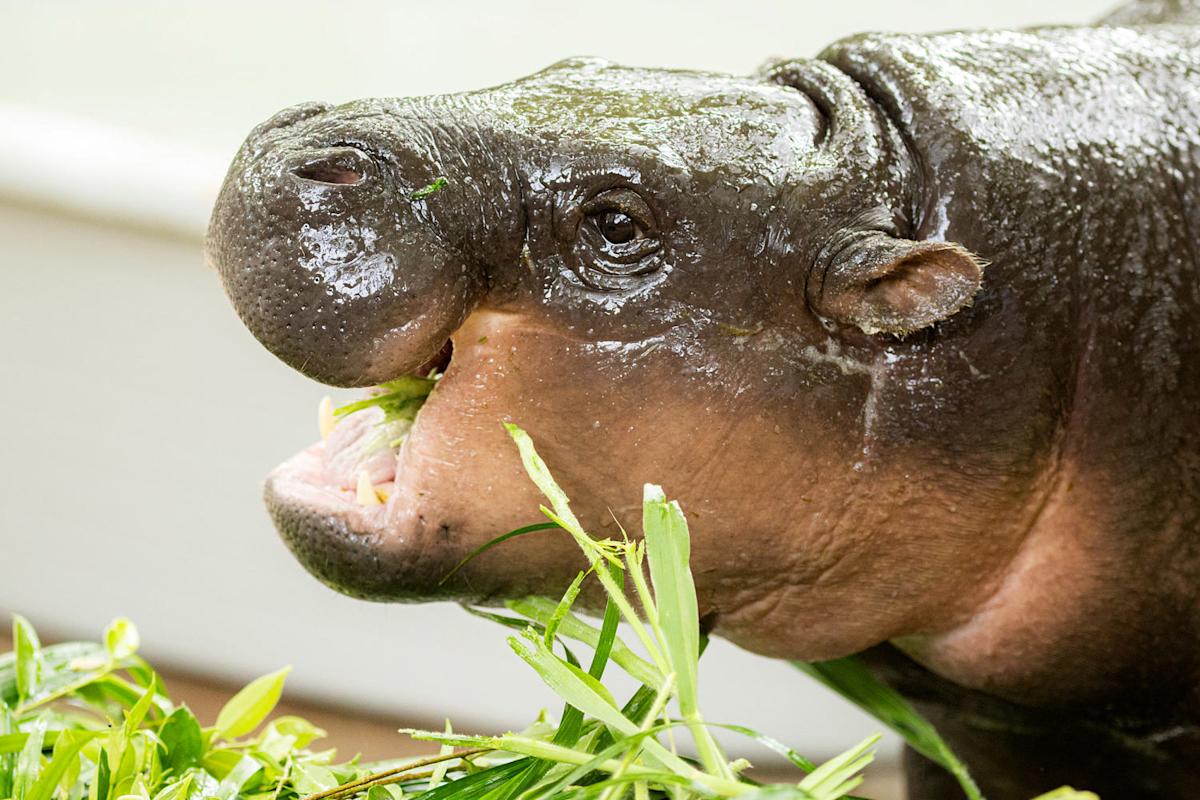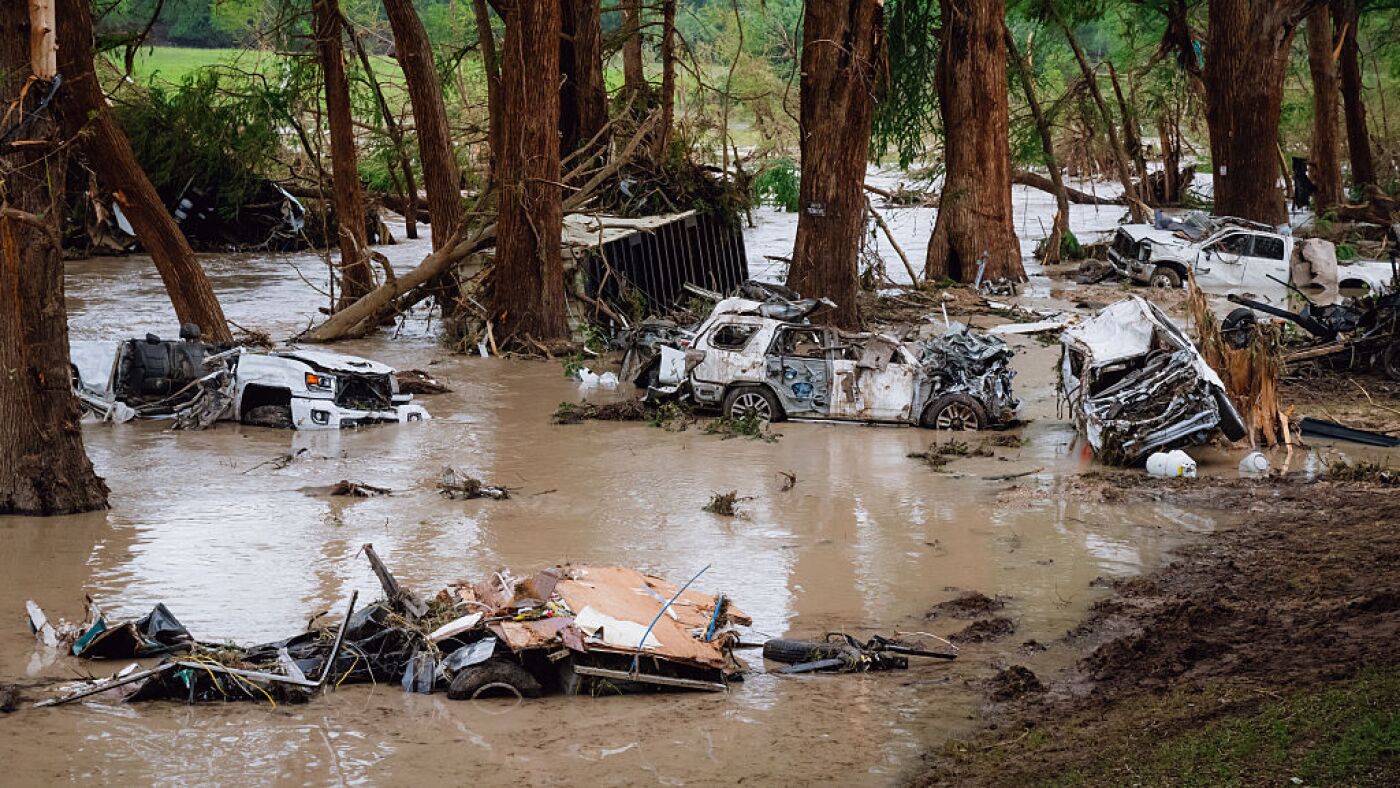UPDATE: Venezuela has just released 10 jailed Americans in a significant diplomatic exchange that also sees scores of migrants deported by the U.S. being sent back home to El Salvador. This urgent development, confirmed by officials today, is poised to impact international relations and highlight ongoing tensions between the U.S. and Venezuela.
The release comes amid a backdrop of political maneuvering, as Venezuelan President Nicolás Maduro celebrates what appears to be a diplomatic victory. The deal, orchestrated in part by El Salvador’s President Nayib Bukele, allows for the return of over 250 Venezuelan migrants previously deported to El Salvador during the Trump administration’s strict immigration policies.
Secretary of State Marco Rubio expressed relief, stating, “Every wrongfully detained American in Venezuela is now free and back in our homeland.” This confirmation will resonate deeply with families who have been anxiously awaiting news of their loved ones. Among those freed is Lucas Hunter, a 37-year-old American who was kidnapped in January while vacationing in Colombia. His sister, Sophie Hunter, said, “We cannot wait to see him in person and help him recover from the ordeal.”
The arrangement is particularly significant for Maduro, who has faced mounting pressure regarding human rights abuses and allegations of electoral fraud. Having released these Americans, he aims to solidify his standing within his base and counter the narrative surrounding his legitimacy as president. Notably, the U.S. government does not recognize Maduro’s claim to victory in the July 2024 election, where reports suggest he lost to opposition candidate Edmundo González by a two-to-one margin.
The deal also highlights the complexities of U.S.-Venezuelan relations. The Biden administration has reiterated its stance against engaging with Maduro’s government, recognizing only the National Assembly elected in 2015 as legitimate. Nevertheless, this release follows a series of exchanges between the two nations, indicating a potential thaw in relations. Just months ago, in May, a U.S. Air Force veteran was released after six months in detention.
However, the situation remains dire for many Venezuelan nationals who have been deported to El Salvador and held under harsh conditions in a notorious prison known as the Terrorism Confinement Center (CECOT). Human rights organizations have condemned the treatment of detainees there, citing reports of torture and overcrowding.
While Maduro has portrayed the situation as a triumph, the broader implications of this exchange raise questions about the treatment of both American detainees and the deported Venezuelan nationals. Advocates are calling for transparency regarding the conditions in which the deportees are held, as many remain unaware of their legal status amidst oppressive circumstances.
The release of the Americans, while celebrated, underscores the ongoing human rights challenges faced by both nations. As the world watches, this incident could signal a shift in how diplomatic negotiations are handled moving forward, especially concerning the treatment of individuals caught in the crossfire of political disputes.
As the story develops, it remains crucial to monitor the responses from both American and Venezuelan officials, as well as the broader implications for international relations. The families of those affected are left grappling with the emotional fallout, while human rights advocates continue to push for accountability and reform.
As new information emerges, the situation will likely evolve further. Stay tuned for updates on this developing story, which has significant ramifications for U.S.-Latin American relations and the ongoing humanitarian crisis affecting Venezuelans at home and abroad.




